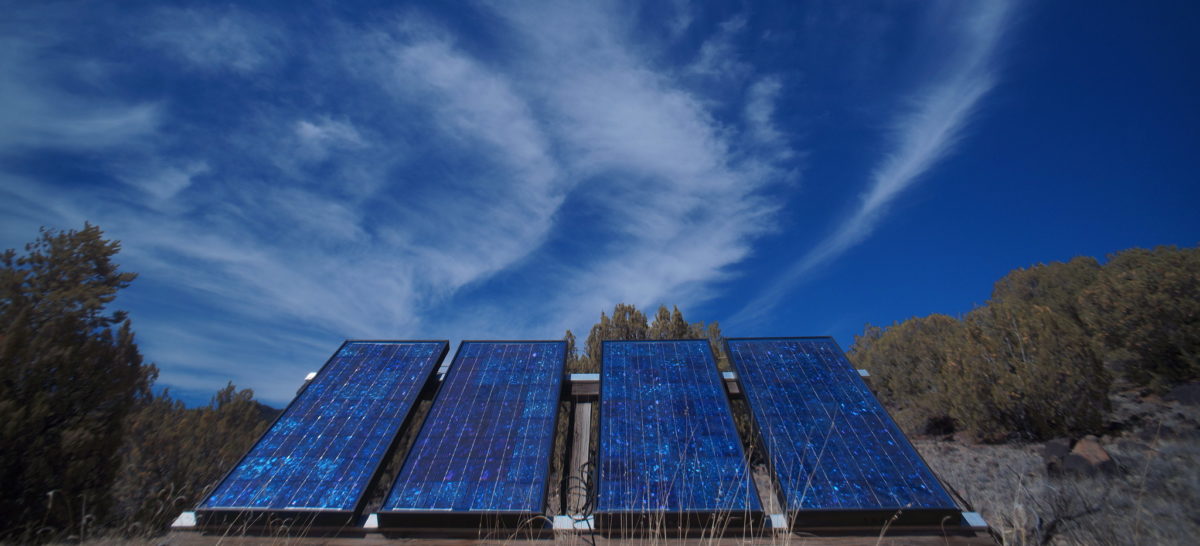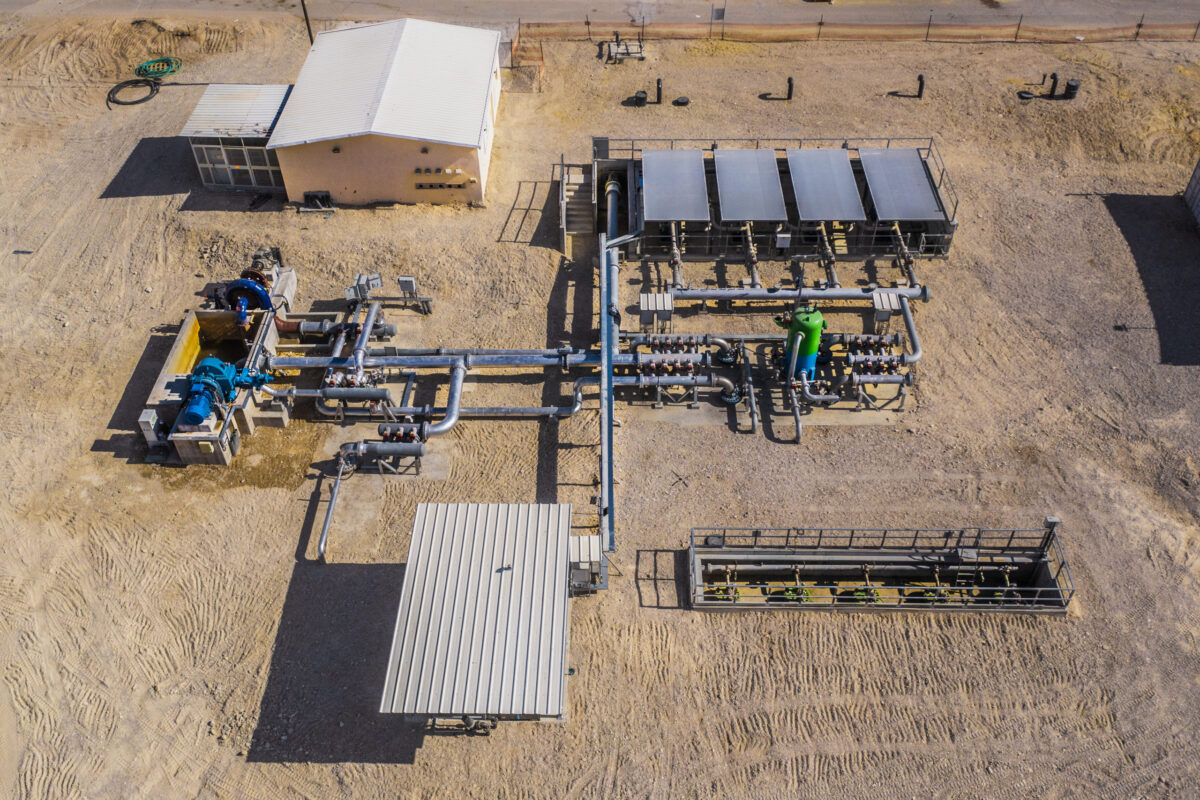With the 1,372 irrigation pumps in Bangladesh which have already been converted to run on solar power accounting for 30 MW of generation capacity, government officials say a net metering policy relating to such systems will soon be finalized.
During the January-to-April irrigation season in Bangladesh, solar pumps will use the power they generate for their primary purpose but for the rest of the year – especially during the high temperatures experienced from May to October – net metering would enable solar pump owners to generate revenue by selling excess power back to the grid.
Power Division additional secretary Mohammad Alauddin told pv magazine the grid integration policy for solar irrigation pumps is under final scrutiny. “We will be able to measure its prospect after completion of the examination,” he said.
Reducing bills
Officials said the nation’s 1.34 million diesel-powered pumps consume $1 billion worth of the fuel annually and the 240,000 systems powered by the grid place an extra 1.5 GW strain on the network daily during irrigation season.
Power Division officials said low cost loans available from the state-run Infrastructure Development Company Limited (IDCOL) had already financed 1,473 solar irrigation pumps to the end of June. IDCOL is targeting 50,000 installations by 2025 through its solar pump program, which has been backed by the World Bank’s Global Partnership on Output-Based Aid program, German development agency the KfW, Japanese and U.S. equivalents the Japan International Cooperation Agency and the United States Agency for International Development, the Asian Development Bank and the Bangladesh Climate Change Resilience Fund.
IDCOL will be one system nearer its target on Saturday when a 25 kW generation capacity solar pump will be installed in Kushtia district as a pilot project developed on a public-private basis.
National drive
The national solar pump effort has been supplemented by initiatives to introduce the systems carried out by the Bangladesh Rural Electrification Board, Department of Agricultural Extension, Bangladesh Agricultural Development Corporation and other ministries and departments which ensure scores of live solar pump tenders populate the government’s e-procurement web portal.
A senior official at Bangladesh’s Sustainable and Renewable Energy Development Authority (SREDA) told pv magazine the government wants 150 MW worth of solar pumps to replace diesel-powered systems.
The local solar industry is backing that ambition. “We will be able to save hard earned foreign currency and greenhouse gas emissions if we can convert the diesel-run pumps into solar powered ones,” said Dipal C Barua, president of the Bangladesh Solar and Renewable Energy Association.
Barua’s company, the Bright Green Energy Foundation, is part of a grid-connected solar pump pilot project being run by SREDA, IDCOL, the Rural Electrification Board and the United Nations Development Program.
This content is protected by copyright and may not be reused. If you want to cooperate with us and would like to reuse some of our content, please contact: editors@pv-magazine.com.



1 comment
By submitting this form you agree to pv magazine using your data for the purposes of publishing your comment.
Your personal data will only be disclosed or otherwise transmitted to third parties for the purposes of spam filtering or if this is necessary for technical maintenance of the website. Any other transfer to third parties will not take place unless this is justified on the basis of applicable data protection regulations or if pv magazine is legally obliged to do so.
You may revoke this consent at any time with effect for the future, in which case your personal data will be deleted immediately. Otherwise, your data will be deleted if pv magazine has processed your request or the purpose of data storage is fulfilled.
Further information on data privacy can be found in our Data Protection Policy.